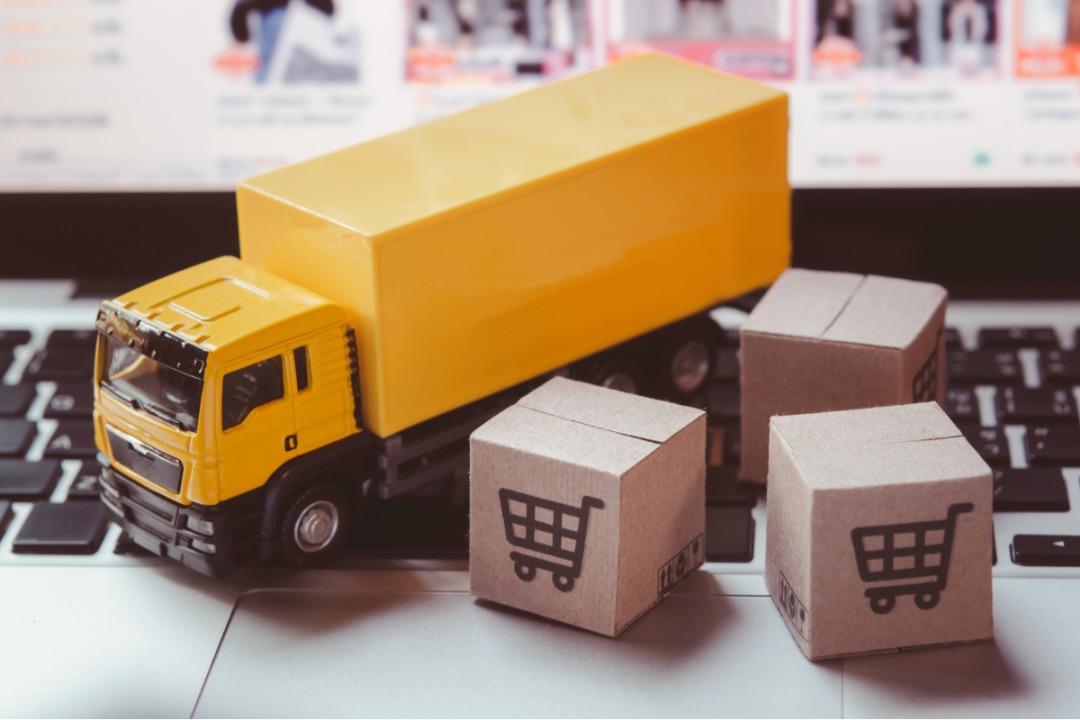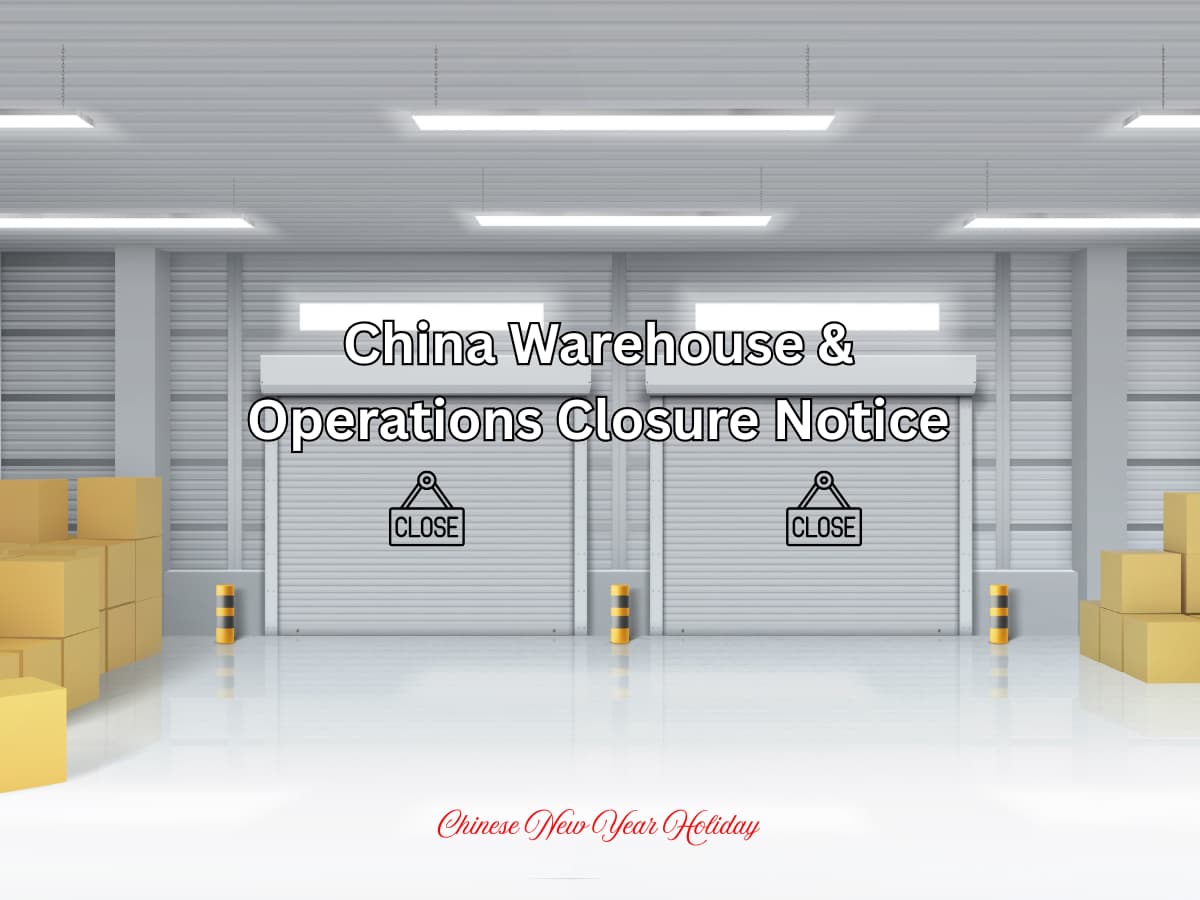Not many industries have seen the magnitude of change in e-commerce logistics in the past few years. While the world experienced COVID-19 and struggled with new norms of social distancing, e-commerce platforms overcame the global challenge and delivered essential goods to people at their doorstep thanks to the logistics arm of things.
E-commerce logistics is an essential aspect of an e-commerce business that is as complicated and can be a source of deficit and drain to the business effort and resources if not properly taken care of.
In most cases, e-commerce business owners do not have the luxury of a warehouse or a physical store location where goods can be stored for a long time, and as a result, goods need to be delivered to the customers as soon as the purchase has been made.
As an e-commerce business owner, the question to ask when it comes to logistics is, how do I ensure our deliveries are done “On time, In full” and without hassles to the customer? The answers to that question will guide you on how to fine-tune your e-commerce logistics strategy process and be able to handle an influx of orders.
What is eCommerce Logistics?
E-commerce logistics is the process of getting a product from the point of manufacturing to the point at which it is delivered after an online order by the consumer. It manages and coordinates various activities involved in fulfilling online orders.
It encapsulates inventory management, order processing, warehousing, packaging, and shipping. E-commerce logistics ensures efficient and timely delivery of products.
It optimizes the supply chain to meet customer expectations in the digital marketplace, and this has gone a long way to giving e-commerce brands a competitive advantage through fast and efficient delivery.
Components of the eCommerce Logistics Process
1. Order Fulfillment:
This involves receiving, processing, and delivering customer’s orders. As an e-commerce business owner, it is crucial to recognize the place of order accuracy and timely delivery as this will go a long way to determine the level of influence they will hold in the market since it directly affects the customer experience and business reputation.
Customers want to be confident that their order will arrive as and when intended, and when disappointed, no compensation or marketing buzz will make them change their minds.
2. Inventory Management:
This is also an essential aspect of e-commerce logistics management. It is important to always know the amount of goods that have been sold and the amount that is in stock to know when to place orders from the manufacturer and avoid accepting orders when the goods are unavailable.
How much of a given product to have in store varies depending on the retailer’s situation, what they sell, and where they are financial. Also, excess inventory is terrible and could tie down cash that could be used productively in other areas of your business.
Therefore, inventory management will help a vendor know the amount of goods in stock at every given period.
3. Warehouse Management:
It is important to have a conducive place to store products before shipping them to customers. This will help to scale fulfilment and take additional orders without sacrificing delivery speed and accuracy.
A warehouse management system will help plan, organize, and control available resources within the warehouse. If integrated with advanced warehousing software, it can provide necessary enterprise resource capabilities to optimize workflow within the business.
4. Returns and Reverse Logistics:
This involves handling and processing returned products due to customer dissatisfaction or damage while in transit.
E-commerce logistics is more than getting one's product to an end consumer as in some occasions, there is a need for a process to handle the movement of products in the opposite direction, known as reverse logistics.
How do you operate and run eCommerce logistics successfully?
1. Know your customers:
The first step is to know your target market, your clients, and their expectations. This will help you figure out what kind of shipping service they need when they need it, and this will help you serve them better.
2. Understanding international deliveries:
When it comes to e-commerce logistics, it is essential to realize that it goes beyond local delivery as it involves international shipments, and several regulatory standards govern international shipping, which an e-commerce business owner needs to be familiar with before shipping internationally.
There are some differences between international and domestic deliveries and how they affect different modes of transportation, such as air and sea freight services, speed, etc.
3. Know your inventory:
Tracking your inventory is crucial for any business. However, for the eCommerce logistics industry, where products need to be delivered fast, is even more critical.
This helps track stock levels and reorder timelines while reducing losses due to damages done by suppliers, customers, or even theft during transit.
4. Choose a reliable logistics partner:
Work with a reliable shipping partner. Several companies offer domestic, international, and even air freight services.
Research these companies to identify the one that is a good fit for your company For businesses that sell internationally, have a reliable international shipping company to handle orders from other countries.
Remember, each country has different rules and regulations, so it is important to figure out which country you will be exporting from or to before deciding on a shipping company to partner with.
SARA PROCUREMENT SERVICES LIMITED is an experienced logistics partner that will help move your e-commerce business to the next level. We possess warehouse facilities to enable us to receive, process and ship your orders as at when needed.
Visit our physical office space at 3 Fatai Irawo Street, Ajao Estate, Airport Road, Lagos, Nigeria, or any of our warehouse touch point locations worldwide to learn more about us and utilize our services.
Our 247-email correspondence is hello@chinatolagos.com. Contact us today.
We are equally social, and you can find us @SaraProcure on your favourite channels: Twitter, Threads, Facebook, and Instagram.
.png)





Comments
Please log in to leave a comment.